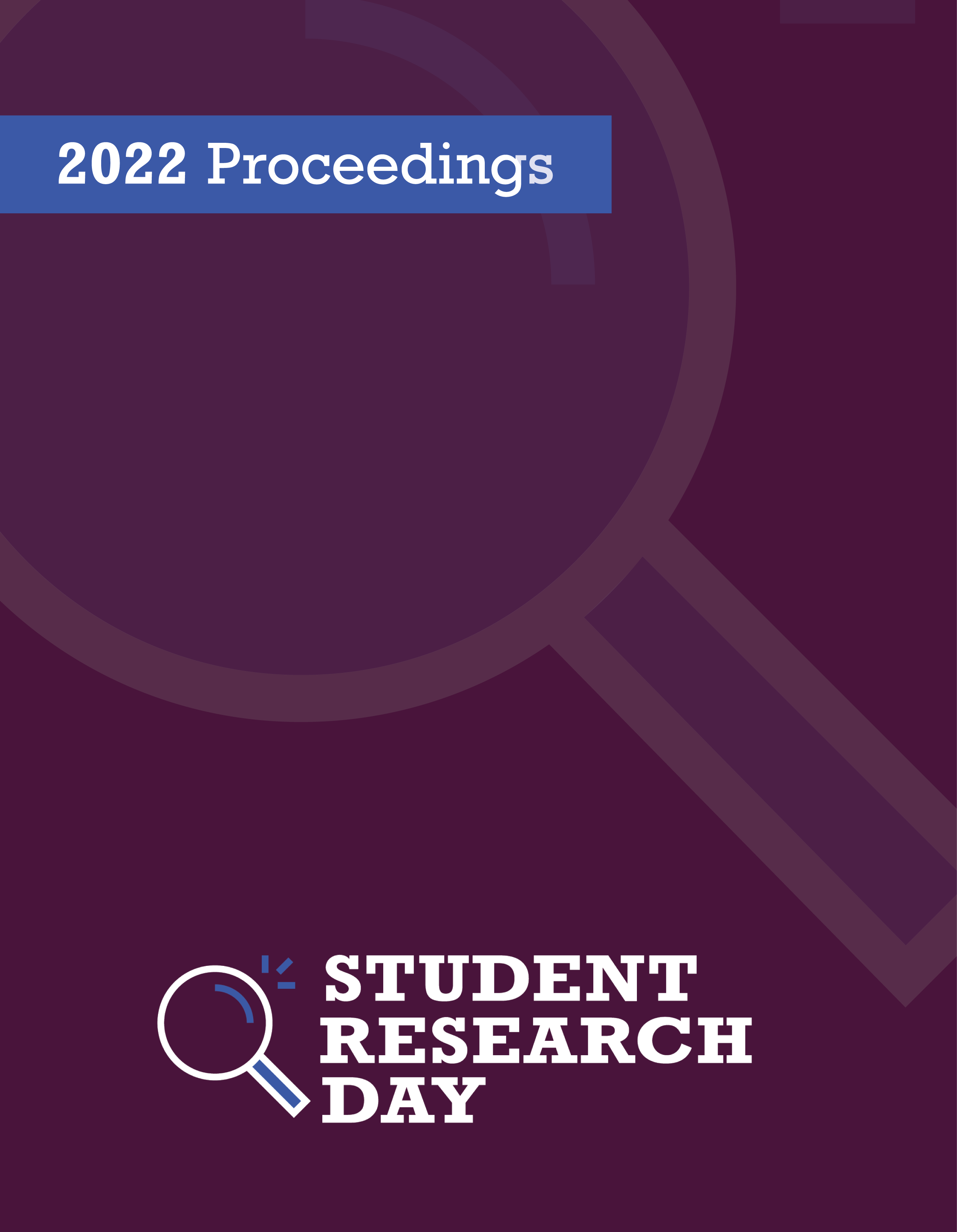A Study of Mindset: Better Understanding the Structure of Mindset and How Growth Mindset Interventions are Delivered
Abstract
Mindsets (MS) (i.e., beliefs about the malleability of traits) exist in many diverse domains, such as intelligence, creativity, emotions, and anxiety. With such a diversity of mindset domains, it is reasonable to question whether a general underlying factor influences all mindsets similarly. For example, if one believes intelligence is malleable, does one also believe creativity, musical ability, and athletic ability are malleable? In study 1, we used factor analysis of nine self-report mindset measures to determine if a general mindset factor exists. The nine mindsets studied clustered into three underlying factors: 1) Skills (intelligence, creativity, musical and athletic ability); 2) Personality (personality and morality); and 3) Emotions (emotions and anxiety).
Stress did not load onto any of the three factors. In addition, we investigated ways to improve the efficacy of growth mindset interventions. Though growth mindset interventions show positive outcomes, the effect sizes are generally small. Actively engaging in material by applying the information to one’s life, or teaching others, improves retention of that material over passively listening to the material being taught. In study 2, we sought to determine whether an active vs. passive growth mindset intervention is more effective for improving exam scores. We found no significant difference in exam score improvement between the control, active, or passive groups. It is possible that the active intervention was not engaging enough to alter one’s mindset beliefs in only one exposure. Targeting general mindset factors rather than individual mindset domains may improve intervention efficacy.
Department: Psychology
Faculty Mentor: Dr. Michele Moscicki
References
Downloads
Published
Issue
Section
License
Authors retain any and all existing copyright to works contributed to these proceedings.



